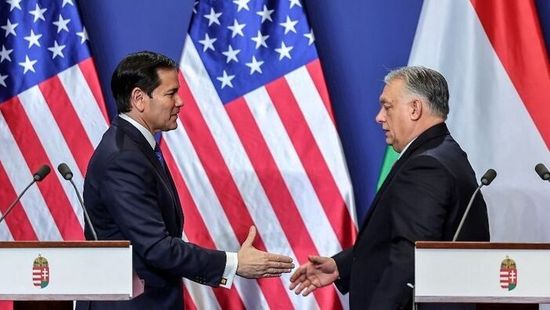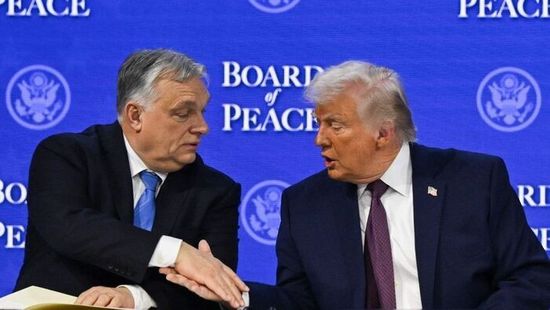Do you listen to Majka?
I like the genre of music he creates, and yes, I sometimes listen to rap.
In one of his recent songs, which many believe criticizes the government, Majka sang about outsourced public procurements and essentially rampant institutionalized fraud. As the president of the Public Procurement Authority, did you take it personally?
Why would I? As the head of the authority, it’s not my role to judge musical works.
When it comes to public procurement, left-wing media, certain so-called civil organizations, and the European Commission often express similar views to the Hungarian rapper.
I can only form an opinion on public procurement based on professional criteria, and those assessments must be based on data.
Fine, then let's set aside the previous question for now and focus on the numbers. What do the statistics show?
First of all, last year, approximately 7,600 public procurement procedures were successfully concluded in Hungary. The total value was around average compared to previous years. More than 16,000 contracts were signed as a result, amounting to nearly 3,700 billion forints (about 9.24 billion euros) in expenditures.
How much of this public money went to smaller businesses?
SMEs won 77% of the contracts—over 12,000 contracts—worth almost 1,600 billion forints (over 4 billion euros). Additionally, medium- and small-sized companies often work as subcontractors even in tenders awarded to large corporations, meaning the actual amount they receive is significantly higher. These figures are outstanding even in an EU comparison.
Are they aware of this in Brussels?
When we first presented these figures, our EU counterparts could hardly believe that such a significant amount reaches small and medium-sized enterprises. The distribution of public procurement funds in other parts of the EU is very different.
How common are single-bidding tenders, where only one company submits an offer? In such cases, there’s obviously no competition.
The issue of single-bidding tenders is quite complex.























Szóljon hozzá!
Jelenleg csak a hozzászólások egy kis részét látja. Hozzászóláshoz és a további kommentek megtekintéséhez lépjen be, vagy regisztráljon!